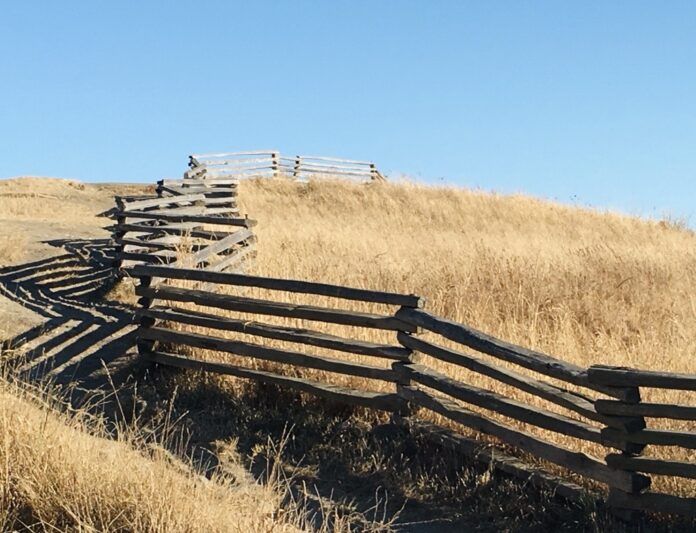The leader of the BC Green Party says the provincial government needs to take a step back and restart the engagement process for the Water Sustainability Act.
Sonia Furstenau, the MLA for Cowichan Valley, says the deadline for agricultural and industrial water users to apply for a licence came and went in March of last year, and now the implications are being felt.
She says the ministry of forests has launched enforcement, in some cases, against people who don’t have a licence for their well.
Furstenau says when the Groundwater Sustainability Act was passed in 2016, “the government had a job to do, and that job was to create a collective mission across all of British Columbia as to how they were going to create a sense that we all have a roll to play” to protect a common resource.
She says we’re experiencing increasing levels of drought and the act was meant to protect the water resource by having communities and water users cooperate on long-term water sustainability plans.
An example of that is the Koksilah water sustainability plan.
However, she says “the government didn’t do that work of implementation before they moved, as we’ve seen this summer. to enforcement.”
Furstenau says she’s heard from a lot of local farmers, and a number of them say the system didn’t work.
She says some were ordered to stop using their wells, such as Alderlea Farm, which she is assisting as it appeals to the Environmental Appeal Board.
Furstenau says the provincial government didn’t do an effective job of communication, especially with farmers, on the licensing requirements and didn’t provide the support that should have been there.
“The government really has to recognize it’s time to take a step back and recognize that the in-community work has to be done, you can’t just move straight to enforcement with a piece of legislation like this, and that collective mission around water has to be built and created and it has to be built on trust and transparency, and so there’s a lot of work to do.”
She would like to see real conversations about what’s important during droughts to ensure “the highest and best use of water,” and establish values that really matter to communities.
Furstenau says it’s necessary to examine whether water bottling operations should continue to extract from aquifers during times of drought, or if priority should be given to growing fruit and vegetables, and forage crops for animals.
She believes the security of our food supply is is a top priority and there should be consultations “in really authentic, trust giving and transparent ways” to move forward on water sustainability and understanding how to respond during serious drought conditions.
It’s believed that a large number of agricultural users have yet to receive a licence, or failed to apply for one, despite relying on surface water supplies or wells to irrigate crops for years.



